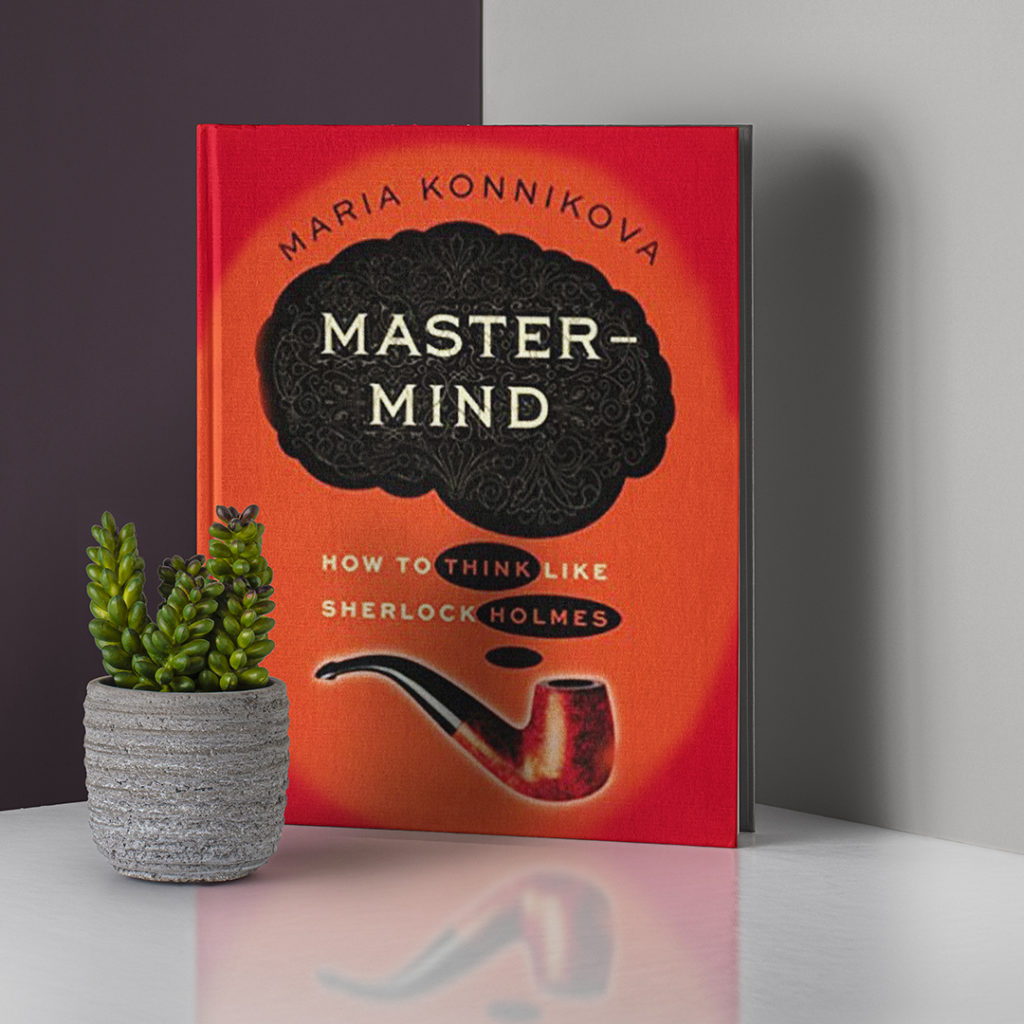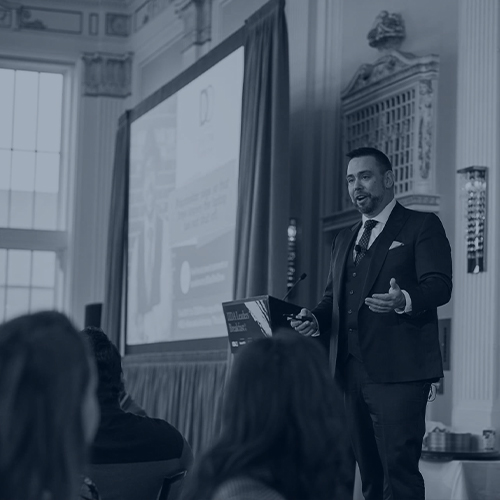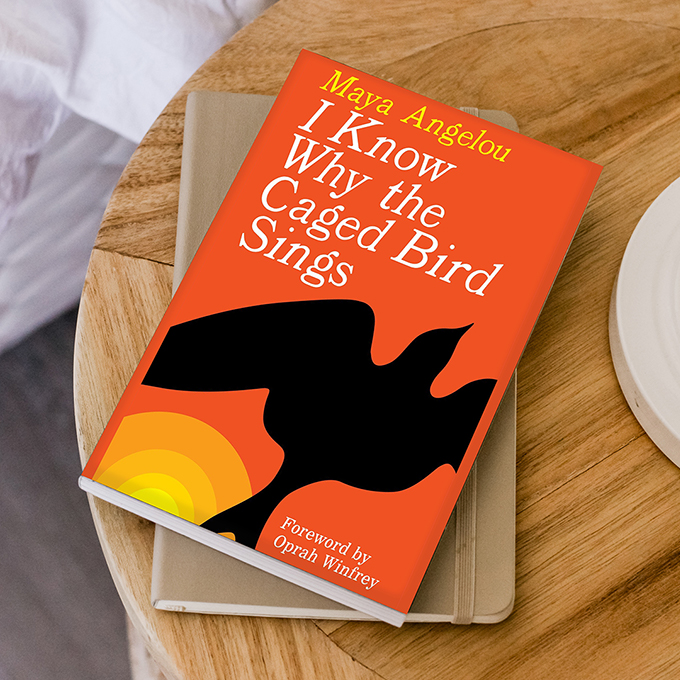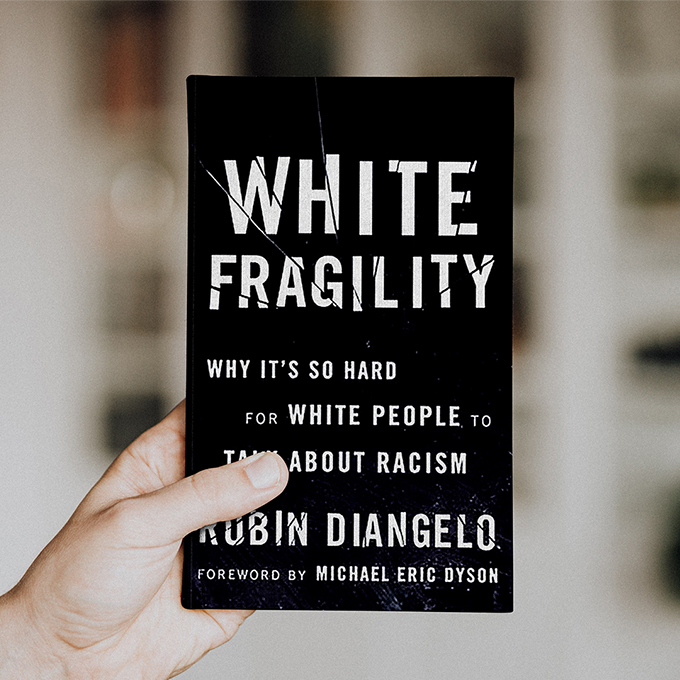Day One Reads – Mastermind
“If you get one thing out of this book it should be this: the most powerful mind is the quiet mind. It is the mind that is present, reflective, mindful of its present thoughts and its state.”
I love books about psychology: about how and why we make the decisions we do and the science behind the mistakes we make and the positive and negative habits we form. This book has a wrinkle however: rather than just write a book on how our mind takes in, processes, stores and turns information into decisions (along with a review of the research done over the years), Konnikova uses Sherlock Holmes as the exemplar for how we should use the information she’s presenting to adapt our behaviour. I’ve never seen someone do that before, and while it’s uneven sometimes (maybe it’s because I’ve never been that interested in the mysteries of Sherlock Holmes), it’s a very interesting read. A bonus for the fact that the author creates a book that prominently features Holmes but doesn’t ruin the mysteries for those who haven’t read them.

Mastermind: How to Think Like Sherlock Holmes
Title: Mastermind: How to Think Like Sherlock Holmes
Category*: Research-Based
Author: Maria Konnikova
About the author: Maria Konnikova is the author of two New York Times best-sellers: The Confidence Game (Viking/Penguin 2016), winner of the 2016 Robert P. Balles Prize in Critical Thinking, and Mastermind: How to Think Like Sherlock Holmes (Viking/Penguin, 2013), an Anthony and Agatha Award finalist. She is a regular contributing writer for The New Yorker, and has written for the Atlantic, the New York Times, Slate, the New Republic, the Paris Review, the Wall Street Journal, Salon, the Boston Globe, the Scientific American, WIRED, and Smithsonian, among many other publications. Her writing has won numerous awards, including the 2019 Excellence in Science Journalism Award from the Society of Personality and Social Psychology. While researching The Biggest Bluff, Maria became an international poker champion and the winner of over $300,000 in tournament earnings. Maria’s writing has been featured in Best American Science and Nature Writing and has been translated into over twenty languages. Maria also hosts the podcast The Grift from Panoply Media and is currently a visiting fellow at NYU’s School of Journalism. Her podcasting work earned her a National Magazine Award nomination in 2019. Maria graduated from Harvard University and received her Ph.D. in Psychology from Columbia University.
How I found it: A friend of mine pointed out that about 60% of my published reviews were by male authors, so I made it a point to look for a leadership book by a female author, particularly within the sciences. In the coming weeks I’ll also aim to address the lack of cultural diversity in the books I’ve reviewed thus far. Looking back at those already reviewed it’s a reminder how easy it is, as a straight white man, to slip into complacency and fail to consciously pay attention to something so important.
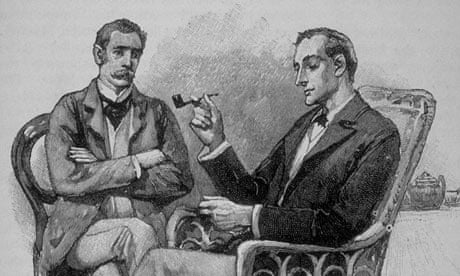
Book Jacket description: No fictional character is more renowned for his powers of thought and observation than Sherlock Holmes. But is his extraordinary intellect merely a gift of fiction, or can we learn to cultivate these abilities ourselves, to improve our lives at work and at home?
We can, says psychologist and journalist Maria Konnikova, and in Mastermind she shows us how. Beginning with the “brain attic” – Holmes’s metaphor for how we store information and organize knowledge – Konnikova unpacks the mental strategies that lead to clearer thinking and deeper insights.
Drawing on 21st-century neuroscience and psychology, Mastermind explores Holmes’s unique methods of ever-present mindfulness, astute observation, and logical deduction. In doing so, it shows how each of us, with some self-awareness and a little practice, can employ these same methods to sharpen our perceptions, solve difficult problems, and enhance our creative powers.
For Holmes aficionados and casual listeners alike, Konnikova reveals how the world’s most keen-eyed detective can serve as an unparalleled guide to upgrading the mind.
Amazon Rating: 4.2 (299 ratings – Canada)/4.2 (335 ratings – US)
Goodreads Rating: 3.54 (6,106 Ratings)
Anything someone might quibble with: The author uses the term “mind attic” throughout the book to refer to your mind and how it organizes information, and I just found the term a little juvenile, but that may be a matter of personal preference. I also noted that she used male pronouns almost exclusively when providing examples of how people might behave in certain situations. Finally, poor Dr. Watson takes it on the chin as the example of “what not to do.”

Being a token member of a group, for instance a single woman among men, can increase self-consciousness and negatively impact performance.

“Velcro quotes” (ideas that are going to stick with me moving forward):
- “Adults are more likely to judge one-sided arguments as superior to those that present both sides of a case and more likely to think that such arguments represent good thinking. We are also more likely to search for confirming, positive evidence for hypotheses and established beliefs, even when we are not actually invested in those hypotheses.”
- “In the United States, as of 2004, 78 percent of people believed in angels.”
- “Being a token member of a group, for instance a single woman among men, can increase self-consciousness and negatively impact performance. Having to write down your ethnicity or gender prior to taking a test has a negative impact on math scores for females and overall scores for minorities.”
- “Our brains are learning whether we know it or not. If we are not strengthening connections, we are losing them. Our education might stop if we so choose, our brain’s never does. The brain will keep reacting to how we decide to use it. The difference is not whether or not we learn, but what and how we learn.”
Total Pages: 273
Total “pulled passages”: 115
Page to Pulled Passage Ratio**: 2.4:1
P2P Ranking within category for 2020: #4 of 4
Overall P2P Ranking for 2020: #5 of 11
*I break books into one of three categories in order to better compare apples-to-apples.
- Reflective: Relies on first-person stories or insights
- Biographical: Tells the story of an individual or organization from a third-person perspective
- Research-based: The author(s) collect third-party research to support their discussion of a particular topic.
**As I read, I highlight certain passages/insights that really connect with me. Things that make me think “buying this book was worth it for ideas/information like that.” At the end of the book, I go back and “pull” them from the book and copy them all into a single document. P2P Ratio indicates how many pages on average tend to go by between these particularly powerful insights. This book’s 5.2:1 ratio means I felt there was a passage worth pulling out and writing down every 5.2 pages.

